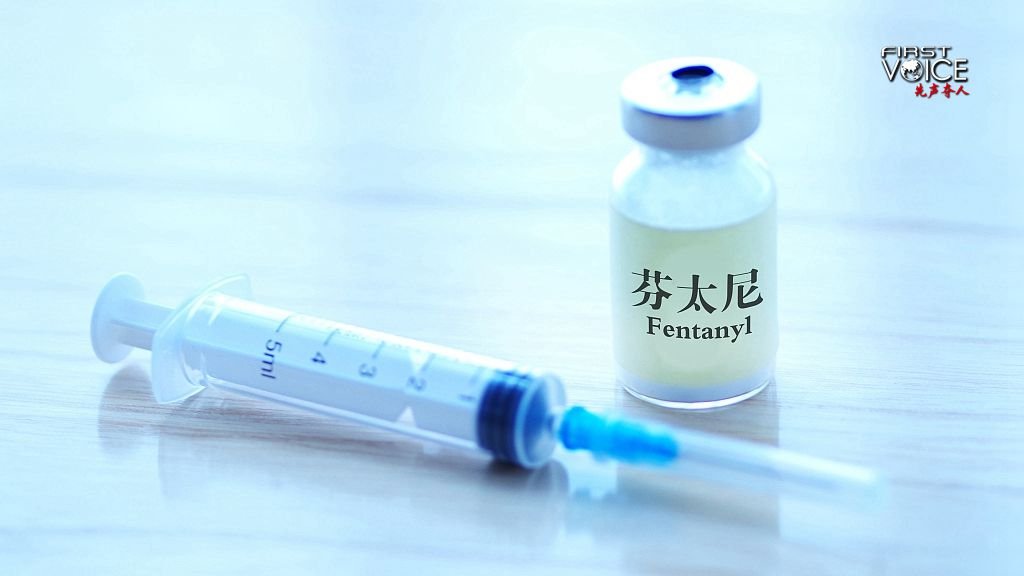China-U.S. Drug Control Cooperation: Limited Impact of the Tariff War
U.S. President-elect Donald Trump, who has two months left before entering the Oval Office, cannot hide his eagerness to tackle drug abuse, a long-standing issue that continues to claim American lives, with the numbers steadily increasing. Trump's problem-solving approach is commendable, but his method is controversial.
China-U.S. Drug Control Cooperation: Limited Impact of the Tariff War
China-U.S. Drug Control Cooperation: Limited Impact of the Tariff War
U.S. President-elect Donald Trump, who has two months left before entering the Oval Office, cannot hide his eagerness to tackle drug abuse, a long-standing issue that continues to claim American lives, with the numbers steadily increasing. Trump's problem-solving approach is commendable, but his method is controversial.
Trump stated on Truth Social, "We will impose an additional 10% tariff on all of China's many products entering the United States," accusing China of failing to take adequate steps to control the flow of illegal drugs into the U.S.
Drug abuse is solely an American problem, but the U.S. is focused on blaming China. By imposing additional tariffs on China, Trump, who has failed to regulate drugs within his own country, is attempting to pressure Beijing to stop the flow of illegal drugs. However, this approach will not solve America's opioid crisis, which is largely self-inflicted.
America's drug abuse, particularly of fentanyl, is not China's problem, nor was it caused by China. In 2019, China became the first country in the world to officially place all fentanyl-related substances under control on humanitarian grounds. Currently, China regulates 25 types of fentanyl-related substances, more than the United Nations. Fentanyl-related substances are strictly controlled in the field of pharmaceutical production and circulation in China.
Contrary to U.S. allegations, China has been committed to helping the U.S. solve the fentanyl issue out of humanitarian concern. Last year, Beijing and Washington agreed to cooperate to curb fentanyl production. In 2023, China seized around 20 tons of drugs smuggled from abroad, an 85% increase compared to the previous year, according to China's National Narcotics Control Commission.
Instead of blaming China, the U.S. should look inward if it genuinely wants to solve its drug crisis.
The U.S. fentanyl crisis has been triggered by multiple factors. Firstly, political finance has greatly hindered Washington's ability to combat drug abuse. Politicians, facing large political donations from pharmaceutical giants, often ignore public calls for stricter drug control policies.
"Drug-makers have poured close to $2.5 billion into lobbying and funding members of Congress over the past decade," reported The Guardian in 2017, noting that American pharmaceutical companies have spent more than any other industry to influence politicians.
According to the American magazine The New Yorker, an opioid profit chain has been formed in the U.S. American rehab centers pay doctors to distribute leaflets to patients, their potential customers. Pharmaceutical companies pay politicians through political donations for relaxed drug control measures.






